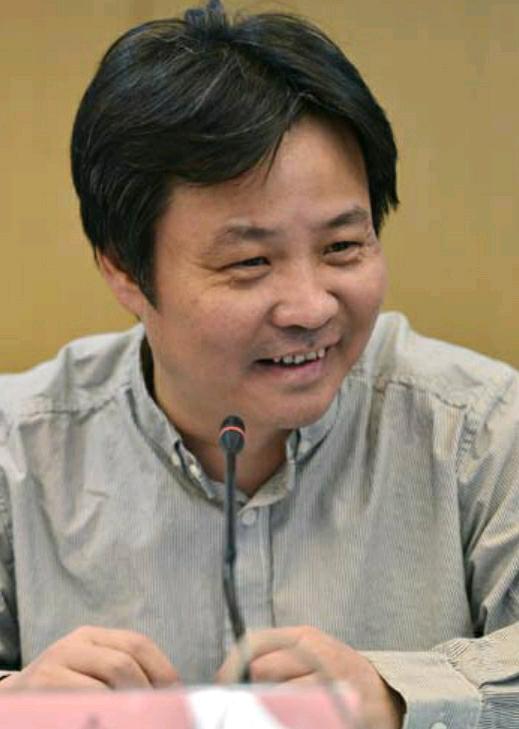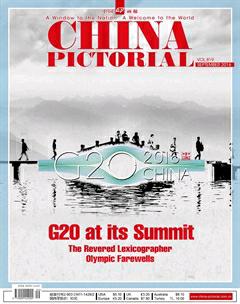Yu Hua:Writing for His Life
by+Zhao+Yue
Born in 1960 in Hangzhou, Yu Hua is easily one of the most influential contemporary Chinese writers. Domestically, his works have received not only consistent acclaim from readers and critics alike, but also great sales. Internationally, his works have been translated into many languages and published in many countries including the U.S., France, Germany, and South Korea. Yu has received many global awards such as Italys Grinzane Cavour Prize and Frances Knight of the Order of Arts and Letters award.
After graduating from high school in 1977, Yu worked for a few years before becoming a full-time writer in 1983. In the early stages of his career, Yu was a representative of Chinese avantgarde literature. His works were heavily experimental, with absurd and satirical descriptions – sometimes of violence, blood, and death.
In the 1990s, Yu began to innovate and change his style. The move, in the simplest terms, was a subtraction. He switched to a more realistic approach and employed simpler language and techniques. Yu began to adopt an economic and careful style, and set his stories in environments close to the lives of ordinary people. In this new style, Yu published his most acclaimed and wellknown novels over the following years. In 1993, To Live was hit bookshelves. Five years later, Chronicle of a Blood Merchant was published, followed by two-volume Brothers in 2005 and 2006. Thanks to these novels, Yu became known to more readers both at home and abroad.
Compared to his early works, Yus innovations with these novels are rooted in his profound portrayal of Chinese social reality and the endings inspiring hope. To Live follows protagonist Fu Guis lifelong struggles and his endurance of considerably pain and hardship. Chronicle of a Blood Merchant is about Xu Sanguan, who sells his blood for years in hopes of improving the lives of his family. Brothers is an ambitious tapestry of two eras of Chinese literature. Yu describes the first era as Chinas “cultural revolution” (1966-1976), and the second as contemporary China. The title characters are only step-brothers without a blood relationship, and their fates parallel the drastic changes of the country over the same period. All of the novels focus on ordinary Chinese people who struggle with life against a backdrop of the times. Renowned Chinese critic Hong Zhigang said that Yus novels are “close to reality and very sensitive to Chinese peoples lives. They are really moving.”
Yu believes that his innovation in writing stems from writing itself. “I hit a roadblock when I began to work on To Live,” he reveals. “So I changed things a bit, and started writing from a firstperson perspective. From that point on, the writing went smoothly. Fu Gui is a farmer with hardly any education, so he couldnt use grand or sophisticated language. He just says what he thinks. The writing style changed automatically.” He asserts that innovation is the courage to explore, even if you fail. “Real innovation would be writing to save your own life.”

